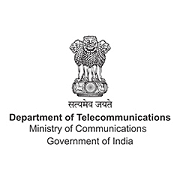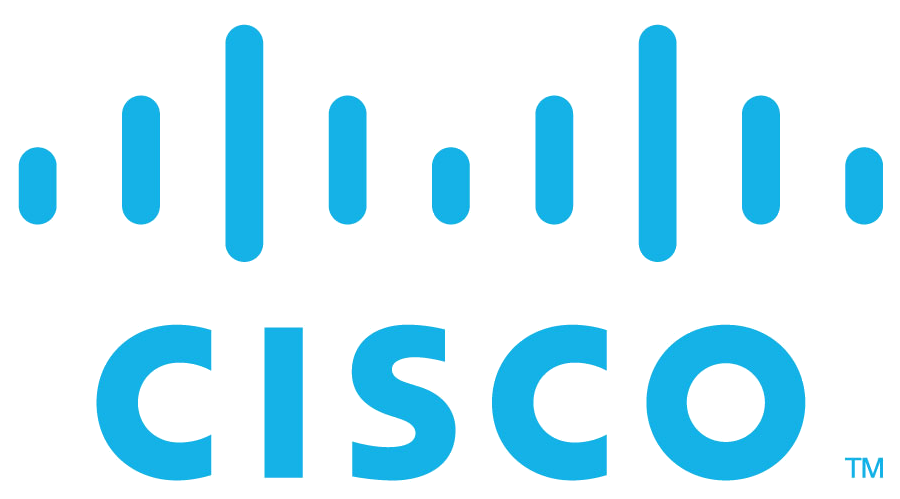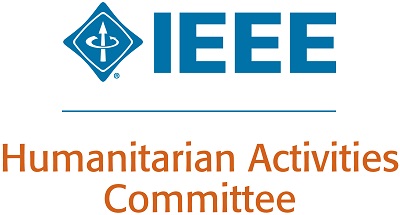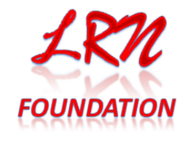Poster Session
The COMSNETS 2020 Poster Session is a forum to showcase preliminary/ongoing work in the area of computer networking and communications. COMSNETS being the premier venue for networking research in India and abroad, attracts a lot of researchers from both academia and industry. Therefore, poster presenters will benefit from lively discussions and critical feedback on their work in progress. In addition, all submissions will get detailed reviews from the poster reviewing committee.
Accepted posters will be published in the conference proceedings.
What to submit:
A maximum of 4 page (minimum of 3 pages) submission must be made for the poster. It should contain the motivation for the research problem the poster is trying to address, the solution approach and analytical or empirical results, if any. The submission should use the same template as that of the conference. For details please click here.
Submissions which do not adhere to the conference template will be rejected without review. All submissions must be in PDF format.
Where to submit:
Posters can be submitted through EDAS submission portal directly.
Important Dates:
| Paper Submission | |
| Notification of Acceptance | |
| Camera-ready Submission |
Poster Schedule
Your poster will be presented between 1:15-4:00 pm on either 8th January or 9th January from 1:00-4:00 pm at the pool side of the conference venue. You can find the assigned date for your poster in the poster schedule below
Wednesday, 8th January, 2020, 01:15PM – 04:00PM- Storage and Rack Sensitive Replica Placement Algorithm for Distributed Platform with Data as Files
- Development of a Low Cost Wearable with Mobile Sensing to Monitor Driving Stress using HRV
- A study on real-time edge computed occupancy estimation in an indoor environment
- Social Network Aware Dynamic Edge Server Placement for Next-Generation Cellular Networks
- Attribute-based Data Security with Obfuscated Access Policy for Smart Grid Applications
- Power Scaling for Massive MIMO UAV Communication System
- Adaptive flow-level scheduling for the IoT MAC
- BER Analysis of Reconfigurable Intelligent Surface Assisted Downlink Power Domain NOMA System
- Anticipatory QoE mechanisms for 5G Data Analytics
- A Binary Classification Approach for Time Granular Traffic in SDWMN based IoT Networks
- EM Radiation Reduction in WCN: Towards Safe Generations
- Contextual Bandits Evolving Over Finite Time
- SilentInformer: A Framework for Information Dispersion using Inaudible Acoustic Signals
- Impact of Earthquakes based on Satellite Images using IoT and Sensor Networks
- I Know Who You Are: A Learning Framework to Profile Smartphone Users
- Performance Analysis of UAV-aided RF Energy Transfer
- Machine Learning & Concept Drift based Approach for Malicious Website Detection
- Dynamic Control of Packet Duplication in 5G-NR Dual Connectivity Architecture
- MIMO-TTR+: A Novel Topology-Transparent Scheduling Scheme for MIMO Wireless Networks
- Link Quality Measurements for Marine Vehicle to Infrastructure Network (V2I)
- Time Series Snapshot of Event Boundary Detection and Area Estimation in Wireless Sensor Networks
- Efficient Keyword Matching for Deep Packet Inspection based Network Traffic Classification
Thursday, 9th January, 2020, 01:00PM – 04:00PM
- Sparse Robust Distributed Estimation by Diffusion Adaptation
- Deterministic Linear Transmit Processing for Single-User MIMO Systems
- A Secure and Privacy-Preserved Road Condition Monitoring System
- Energy-Throughput Tradeoff with Optimal Sensing Order in Cognitive Radio Networks
- Analysis of Underwater Acoustic Channel based on Angle of Arrival Distribution
- Positive Information Diffusion for Rumor Containment in Online Social Networks
- Demonstration of High Data-rate Multimedia Streaming in a Laser-based Indoor Visible Light Communication System
- Experimental Test-Bed Implementation of Hybrid Opportunistic Routing Design for Low Power, Lossy Wireless Sensor Network
- Achieving Real-time Sign Language Translation using a Smartphone's True Depth Images
- Towards ensuring Trustworthiness in Cyber-Physical Systems: A Game-theoretic Approach
- Architectural Considerations for Building a Robust Crowdsourced Disaster Relief Application
- Deep Learning-Based Smart Parking Solution using Channel State Information in LTE-based Cellular Networks
- Learning Based Beam Tracking in 5G NR
- Tracking and Stabilization of Heart-rate using Pacemaker with FOF-PID Controller in Secured Medical Cyber-physical System
- ATRNN: Using Seq2Seq Approach for Decoding Polar Codes
- Caching Techniques to Improve Latency in Serverless Architectures
- A New Approach To Correlated Multi Armed Bandits
- Whittle Index for AoI-Aware Scheduling
- Versatile Multivariate Data Pruning in Smart Grid IoT Networks
- Unreliable Multi-Armed Bandits: A Novel Approach to Recommendation Systems
- Energy Efficiency in Millimeter Wave based Cellular Networks with DUDe and Dynamic TDD
- Multihop D2D Communication to Minimize and Balance SAR in 5G
Instructions for Poster Presenters:
All the accepted posters must be presented in the conference.
Please prepare your posters in A0 paper size in portrait/landscape mode. You will need to bring a printed copy of your poster to the poster session. We will arrange for the necessary support system (poster stands, clips etc.).
Please ensure to make your poster visually appealing. For instance, merely replicating the text of your abstract onto the poster is a bad idea. Instead, strive to have a continuous flow of ideas through numbers, figures, diagrams and graphs.
If you have any special requirements, please contact the poster chairs at comsnets2020postertrack-chairs@edas.info.
Poster prizes
Based on feedback from a panel of judges during the poster session, the three best posters will be awarded certificates. The awards will be presented at the conference banquet.
Poster Review Committee
- Mahi Abdelbar (Virginia Tech, USA)
- SaiDhiraj Amuru (IITH and WiSig Networks, India)
- Subhasis Bhattacharjee (Adobe Systems India Private Limited, India)
- Ansuman Bhattacharya (Indian Institute of Technology Dhanbad, India)
- Nabanita Das (ISI Kolkata, India)
- Soham Das (Microsoft, USA)
- Subhankar Dhar (San Jose State University, USA)
- Sasthi Ghosh (ISI Kolkata, India)
- William Headley (Virginia Tech, USA)
- Vireshwar Kumar (Purdue University, USA)
- Partha Sarathi Mandal (Indian Institute of Technology Guwahati, India)
- Anisur Molla (ISI Kolkata, India)
- Jinesh Nair (Nokia Networks, India)
- Aditya Padaki (Samsung Research, USA)
- Tamoghna Roy (DeepSig Inc., USA)
- Dibakar Saha (Indian Institute of Technology Guwahati, India)
- Avik Sengupta (Intel Corporation, USA)
- Jyoti Singh (National Institute of Technology Patna, India)
- Yuanzhang Xiao (University of Hawaii at Manoa, USA)
- Miao Yao (Virginia Tech, USA)
Poster Co-Chairs

SaiDhiraj Amuru
WiSig Networks, India

Nabanita Das
ISI Kolkata, India















































